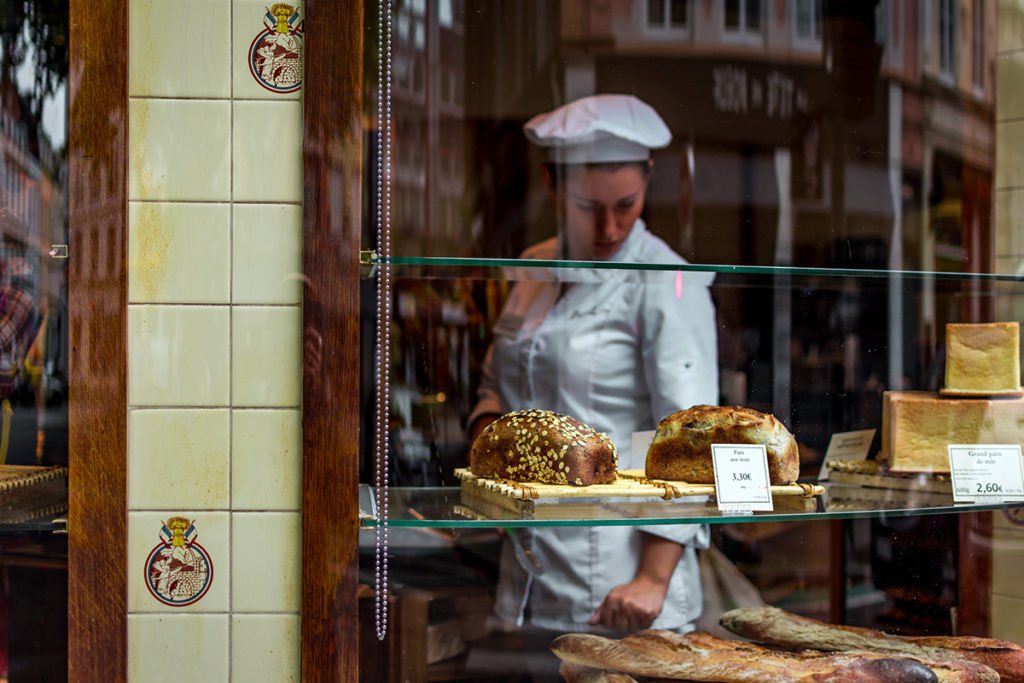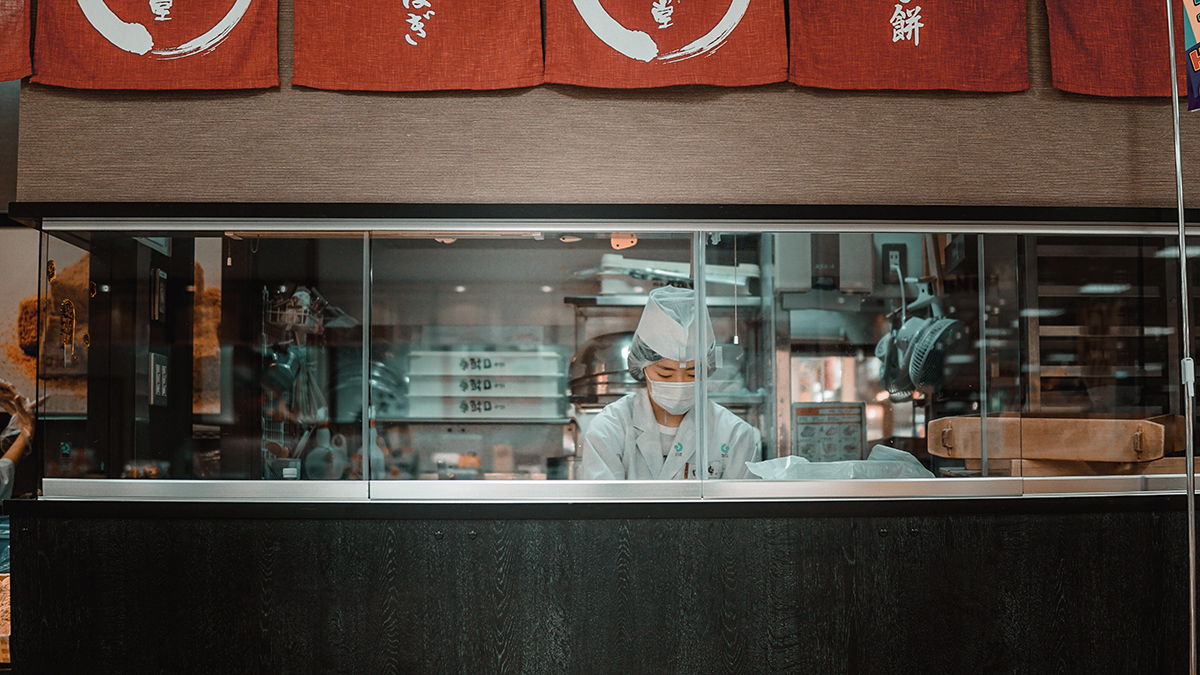A sous chef of a celebrated restaurant. A home baker with a lucrative cake business. An executive chef who rose through the ranks of her restaurant group. How is it that in this day and age, in an era when women lead countries and wars, they’re still “just” women inside the kitchen?
Not good enough
Tanya Dizon, with her bright smile, diminutive frame, and easygoing persona outside her work environment, will not strike you as one of the heads of a multi-brand company. But as the executive chef of Advent Manila Hospitality Group (AMHG), which is behind XO46 Heritage Bistro and Oye Tapas and Grill, she confidently rose to her current position from her beginnings as a line cook.
It must have been a tough pill to swallow for Dizon after her short yet successful stint running a modeling agency folded. “I had to start from the bottom,” she says. What was supposed to be an opening gig of sorts to beef up her resumé saw her getting promoted from line cook to restaurant chef to her current post as executive chef. “My boss (AMHG owner Andrew Masigan) admitted he thought I would last six months. Well, six years later, I’m still here,” she chuckles.
Her brows furrow when she recalls her early struggles working the line. “I was the only woman in the kitchen back then,” she says. “And the tendency talaga is binibigay ng kitchen manager sa akin ‘yung magaan na trabaho.” She claims there is the perception that women are “slow workers.” Even when Dizon started hiring more women to work the line, the kitchen manager would still keep them away from meatier roles and assign them to daintier jobs such as plating.

Mikee Lopez, second-in-command at The Test Kitchen, echoes this sad scenario. These days, she answers only to Josh Boutwood and the respect and trust between the two is to the extent that Lopez was part of the opening team behind Boutwood’s new concept Savage. Now that’s up and running, The Test Kitchen recently reopened with Lopez back as Boutwood’s right hand.
But, Lopez also had her fair share of misogyny in the kitchen. “I remember having worked with someone who judged me and was unfair to me because of my gender,” Lopez says. “He wouldn’t give me too much work and he would always give the job to my male co-worker. And even if I do things perfectly, it wouldn’t deserve any credit unlike when my co-worker does it.”
Big boss vs big bitch
But, when women finally achieve a high position in the industry, does sexism go away? Home baker Camille Ocampo, owner of The Pastry Cart and purveyor of the highly-imitated creme brulee cake, proves that even female entrepreneurs have to deal with these issues. Building a decent living selling hundreds of cakes a day from her home-based commissary and providing jobs for her staff does not give her license to complain when an employee’s performance does not meet her standards.
Tanya Dizon claims there is that perception that women are “slow workers.” Even when Dizon started hiring more women to work the line, the kitchen manager would still keep them away from meatier roles and assign them to daintier jobs such as plating.
“Men are not expected to be understanding,” she says. “I’ve seen it working in restaurants, kahit murahin sila doon they fear and respect the alpha male.” Ocampo recalls a recent situation when she reprimanded an employee. “Kanina, one of the boys told me ‘Parang wala na kaming ginawang tama.’ I said, ‘Baka ikaw lang.’ I’m not going to pat your back for every task you complete kasi basic ‘yun, that’s what you’re paid to do. But, if may hindi tama, of course you’ll hear it.”
However, Ocampo admits that a woman’s tendency to be nurturing is something even she cannot completely avoid. “We’re emotional,” she explains. “We want them (employees) to have good lives. Like, naiisip ko when it’s pasukan na, they need money for tuition. Instead of waiting for them to ask for cash advance, I just give them their mid-year bonus.”
Turning the tables
Lopez also admits to applying a “woman’s touch” when running things in the kitchen. “Women tend to be naturally caring,” she says. “I make sure I take care of our team members well so they take care of our customers in return. I believe that people enjoy their job more when they’re driven by love or passion rather than fear. From what I’ve seen, women tend to approach situations with empathy. And I think that’s a good thing.”
Somehow, it seems, women in the food industry have managed to use this to their advantage. Dizon shares that all the current executive positions at AMHG (except for Masigan) are occupied by women.
“Men are not expected to be understanding,” Camille Ocampo says. “I’ve seen it working in restaurants, kahit murahin sila doon they fear and respect the alpha male.”
Still, with the success stories of hardworking, powerful women in the industry, there are many who readily accept their spot on the proverbial shelf. “Siyempre, the rank and file, they think ganun na talaga,” Dizon explains. Even in her earlier years, Lopez didn’t dare oppose a particular senior.
“I worked in a place where my superior was very touchy with me and I wasn’t able to speak out. When I left though, I gave him a piece of my mind. He even tried to hold my clearance.”
Now that they are in positions of power, both Dizon and Lopez combat sexism not only by including more women in the workforce but also by promoting gender equality. “I make it a point that everyone knows the workplace is a safe space and everyone is free to speak their minds,” Lopez says.
“We treat each other as family in a way that we can talk to each other freely but always respectful towards one another regardless of title or gender.”






